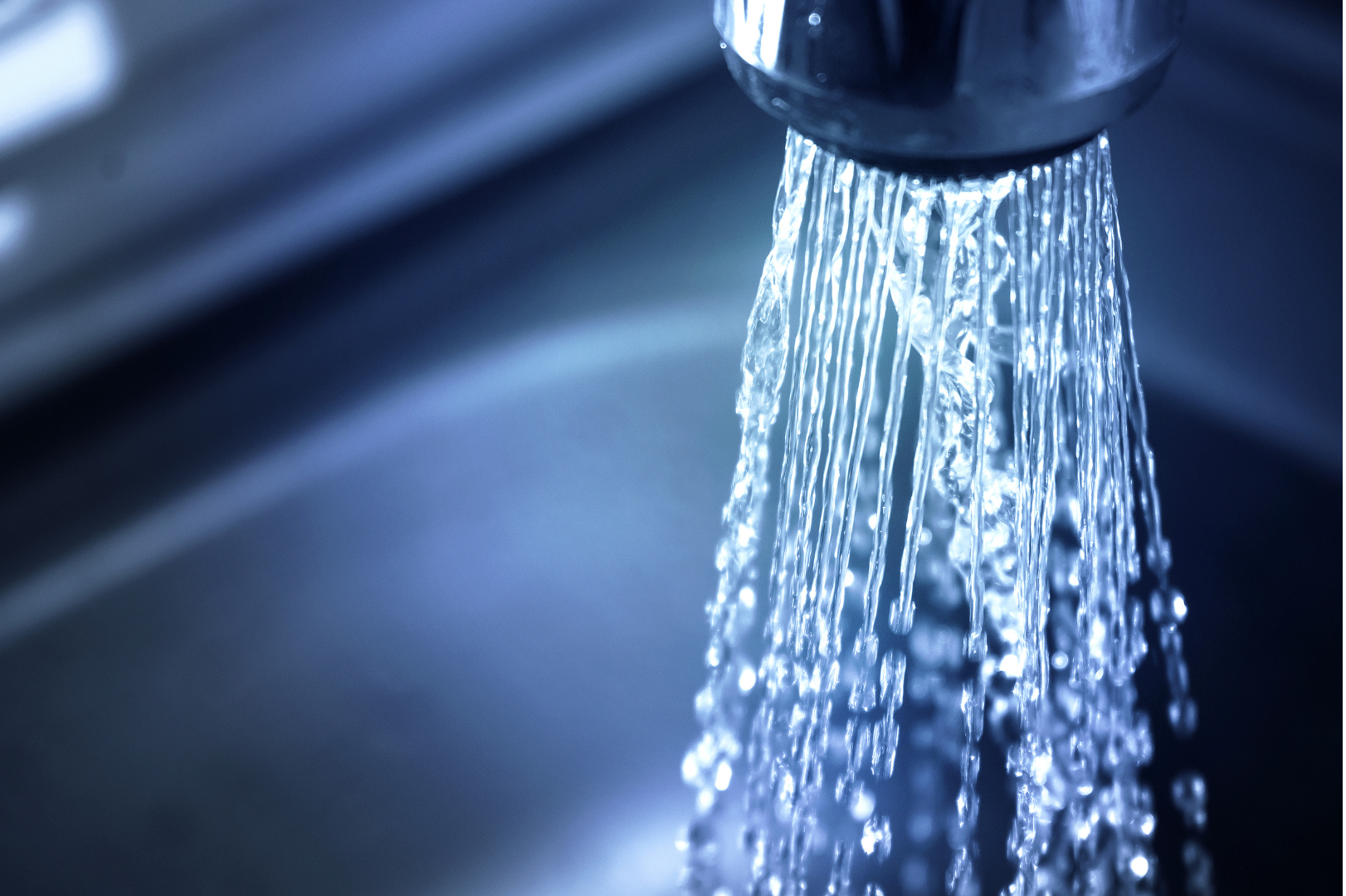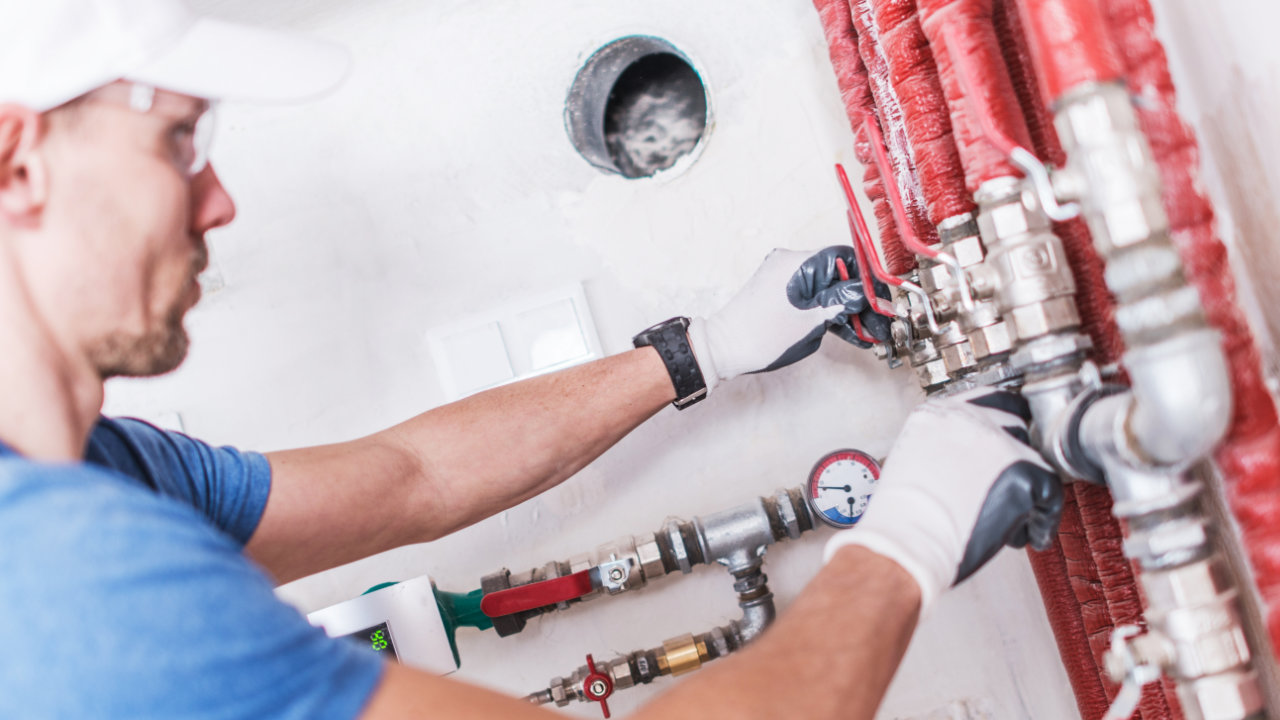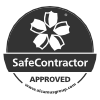Competence Of A Legionella Risk Assessor And Proportionality
Last time we looked at agreeing the scope of the assessment and the independence of the risk assessor, next we will be reviewing the competence of the assessor which is a topic that is becoming more widely discussed. So, let’s start with a simple question – What experience and specialist knowledge should a Legionella risk assessor demonstrate? Well both BS8580-1:2019 and the LCA’s Risk Assessment standard for service delivery outline the expectations of knowledge and understanding required by risk assessors, these include but are not limited to:-


















